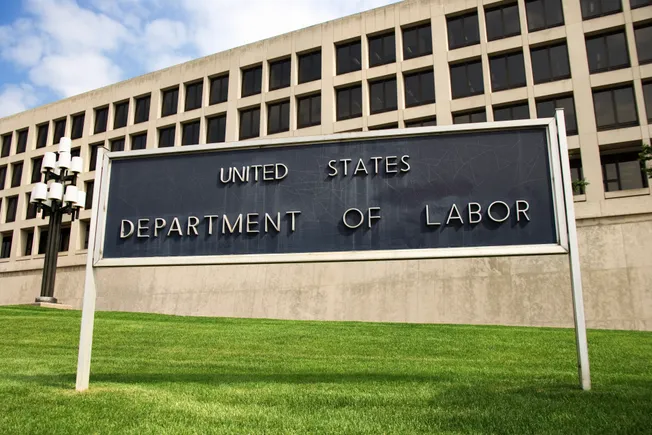Cigna is following through on promises to more aggressively defend its pharmacy benefit manager.
On Tuesday, the healthcare company’s PBM, Express Scripts, sued the Federal Trade Commission over the agency’s recent report showing how the drug middlemen could be contributing to rising drug prices, calling the report “unfair, biased, erroneous, and defamatory.”
The lawsuit asks a federal judge to order the FTC to withdraw the report, and recuse FTC Chair Lina Khan from further action against Express Scripts.
“We don’t take this step lightly, but … we cannot let the FTC’s unlawful actions and false information stand,” Andrea Nelson, Cigna’s chief legal officer, said in a statement.
Following a two-year investigation, the FTC published the interim report in July highlighting how PBMs, which sit between drugmakers and payers in the pharmaceutical supply chain, prioritize access to high-cost drugs in return for larger discounts from drugmakers and give their own pharmacies preferential treatment, harming independent operators.
Regulators also flagged significant concerns that just three companies hold oligopoly control of the market for PBM services: Express Scripts, CVS Caremark and UnitedHealth’s Optum Rx control 80% of U.S. prescriptions, giving them significant power over patients’ ability to access and afford drugs.
Major PBMs, along with the agency’s two Republican commissioners and some pharmacy market experts, decried the report as overly based on anecdotes instead of empirical research.
Express Scripts’ lawsuit, filed in the Eastern District of Missouri, doubles down on that criticism.
“The Report is not an analysis of the data and information produced by the PBMs,” the suit alleges. “Instead, it is seventy-four pages of unsupported innuendo leveled against Express Scripts and other PBMs under a false and defamatory headline and accompanied by a false and defamatory press release.”
According to Express Scripts, the FTC disregarded documents provided by the PBMs showing that the companies lower prescription drug costs for payers. The lawsuit also accuses Khan, who has led the FTC since 2021, of anti-PBM bias.
The FTC’s report has injured Express Scripts’ business and reputation, according to the suit. The report has also been cited in multiple lawsuits against Express Scripts, along with investigations from state regulators and Congress, creating additional harm that could increase over time, Express Scripts said.
Yet “the FTC stands by our study,” said Douglas Farrar, a spokesperson for the agency, in a statement. “This is a complicated and opaque market, and the FTC is committed to using its clear authority to help the public and policymakers understand it.”
With its suit, Cigna is making good on recent comments to investors that it would try to better protect Express Scripts — the company’s single largest revenue driver — from outside disruption.
During an earnings call last month, Cigna CEO David Cordani said the company would be “much more aggressive” in defending Express Scripts against mounting public criticism of PBMs, including heavier lobbying in Washington, sponsoring more research into the value of PBMs and working more with independent pharmacists.
Express Scripts, which Cigna acquired for $67 billion six years ago, brought in $26.6 billion in revenue in the second quarter — 44% of Cigna’s entire topline.
PBMs have attempted to sidestep blame for problems in the U.S. drug supply chain by pointing the finger at drugmakers, which set list prices for medications, despite a mountain of research suggesting the companies contribute to higher drug costs.
Regulators and lawmakers are increasingly zeroing in on PBMs for drug cost reform. The House Oversight and Accountability Committee launched an inquiry into the industry last year. PBMs have also been sued by a number of states over their business practices, including California, Ohio and Arkansas.
Congress appeared poised to curb some PBM practices last year, including forcing the companies to disclose more information about their negotiation practices to their employer and health plan clients. The push failed to materialize in any passed legislation, though a number of committees have held hearings this year that discussed PBMs’ role in contributing to higher drug costs, including the House Oversight committee.
In July, executives at Caremark, Express Scripts and Optum Rx testified in front of House Oversight in defense of their companies, arguing that they pay independent pharmacies at similar or greater rates than in-house pharmacies and don’t favor more expensive brand-name drugs on their formularies.
House Oversight Committee Chair James Comer, R-Ky., later asked the executives to correct testimony that conflicted with the FTC’s research (and committee findings) — or potentially face jail time. The executives declined to do so.






Leave a Reply